About Us
403 295 0305
403 295 0305
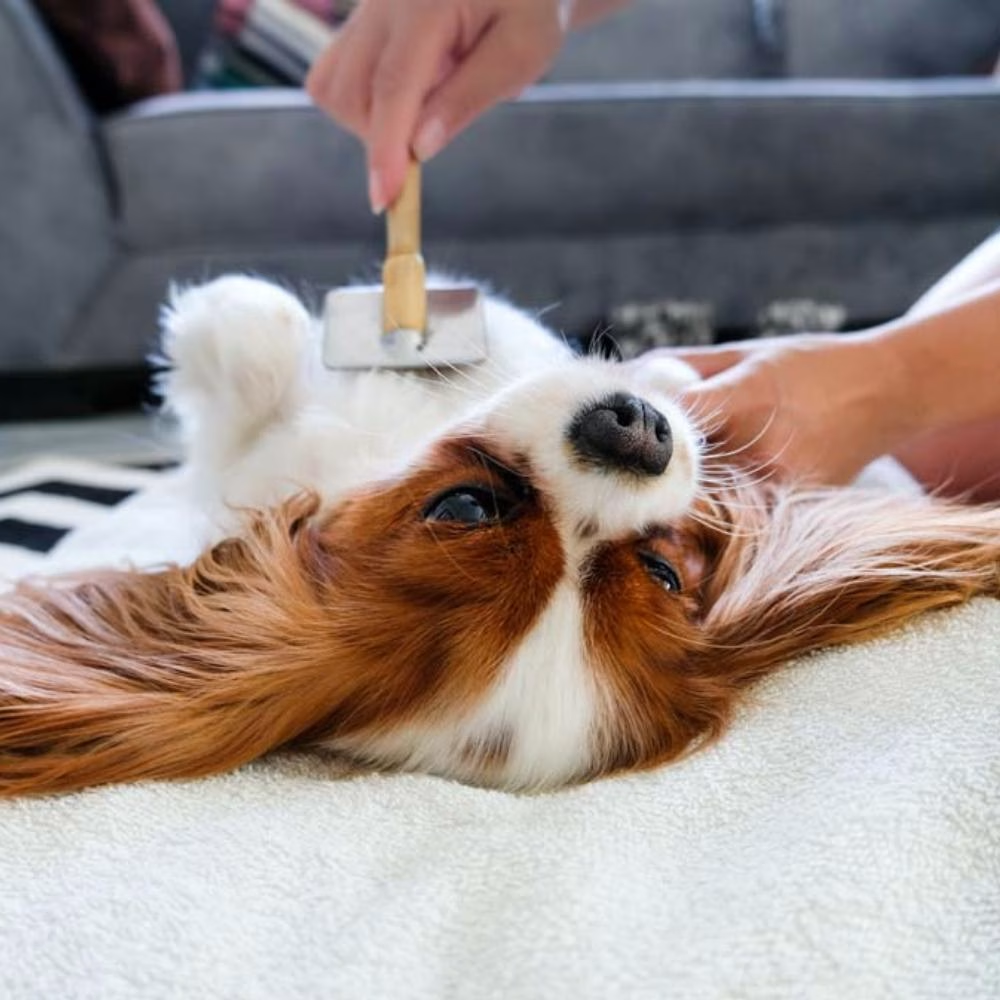
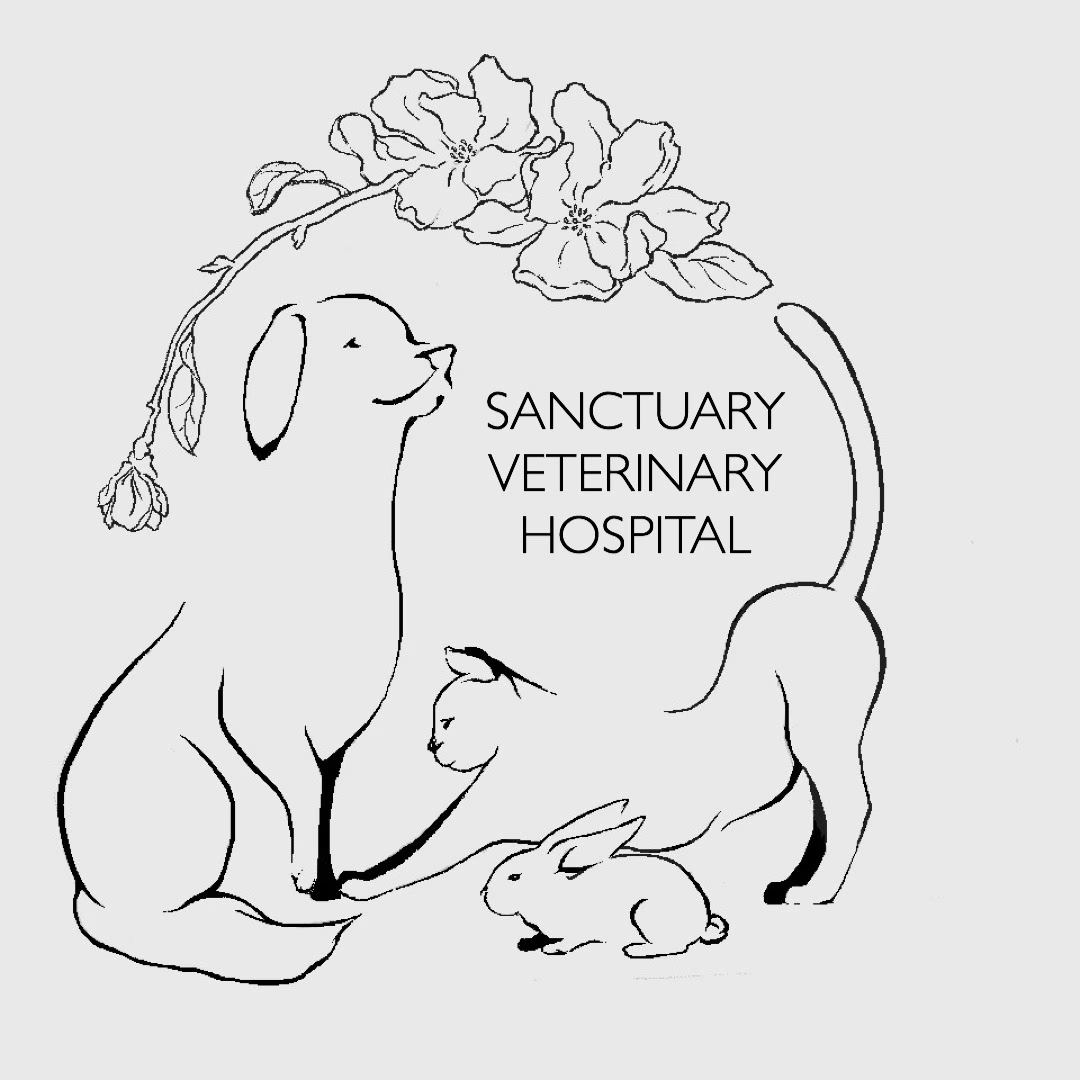
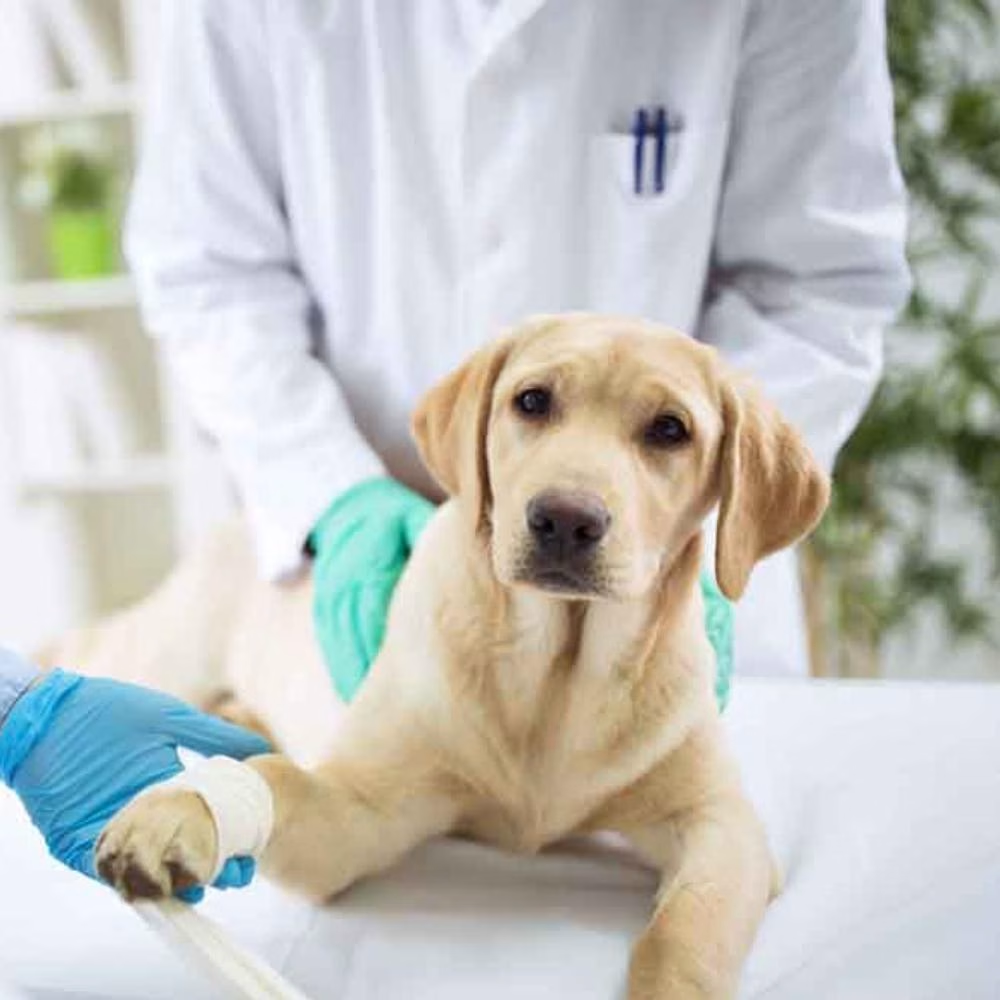
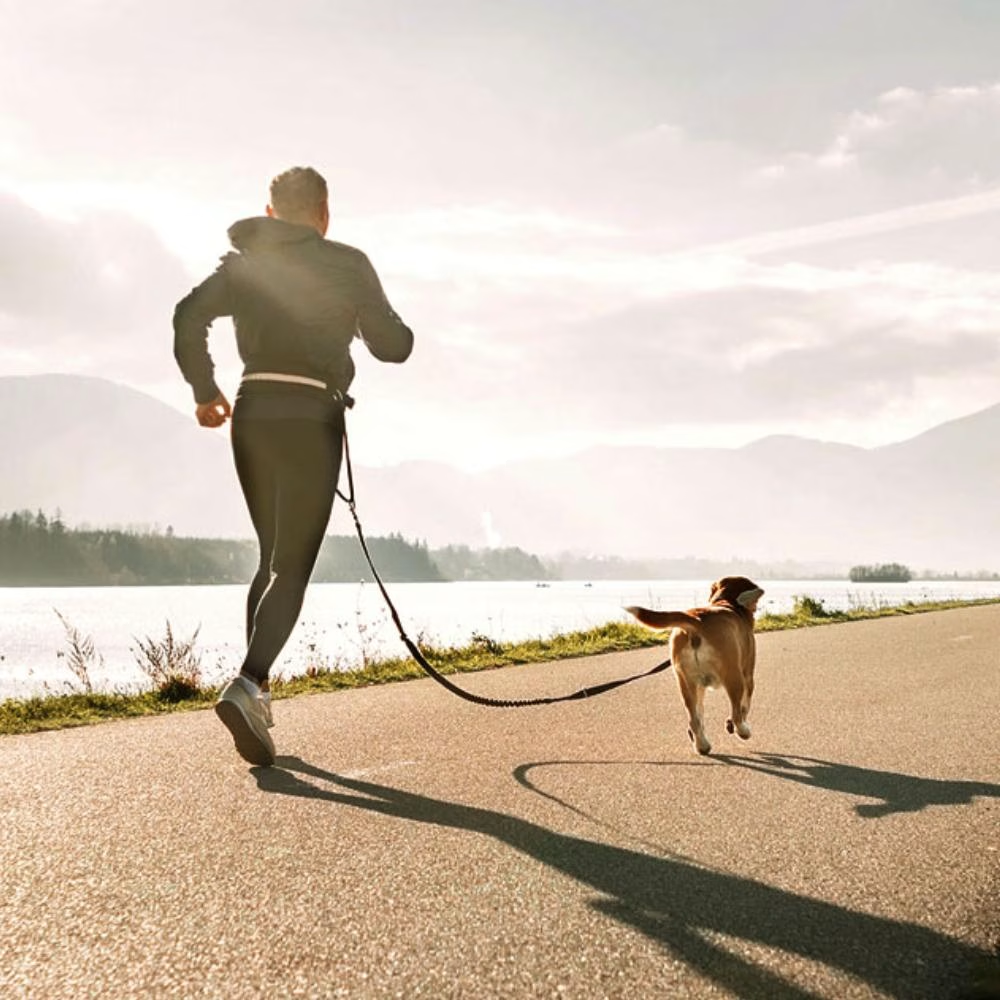

Located in Sage Hill, NW Calgary, Sanctuary Veterinary Hospital proudly serves families in
Nolan Hill, Evanston, Panorama Hills, Country Hills, Sherwood & Kincora.
Our experienced veterinarians and friendly support team are dedicated to providing
exceptional medical, surgical, and preventive care for dogs, cats, and exotic animals.
Whether it’s a routine check-up, dental cleaning, or urgent medical need — we’re here as
your trusted partner in pet wellness.
Our experienced team provides a wide range of veterinary services, including preventive care, diagnostics, medical treatments, and surgical procedures.
We tailor our treatment plans to meet the unique needs of each pet, ensuring personalized care and optimal health outcomes.
Our modern facility is equipped with advanced technology and equipment to provide the highest standard of veterinary care.
Our team of veterinarians and staff are dedicated to ensuring the comfort and well-being of your pets throughout their visit.

The Importance of VaccinationsPet vaccinations are crucial in protecting your cat or dog from preventable diseases. At Sanctuary Veterinary Hospital in…
Why Nutrition is so importantAt Sanctuary Veterinary Hospital, we prioritize your pet’s diet as a vital component of their overall health and well-being….
It’s essential to schedule a check-up for your petAt Sanctuary Veterinary Hospital, regular check-ups are a cornerstone of proactive pet care. Whether…
How Pet Dental Health Affects Overall Health Pet dental health plays a critical role in their overall well-being at Sanctuary Veterinary Hospital. The…
Pet Surgical ProceduresWhen the unexpected occurs, you need a trusted team with the expertise and resources to help your …
Pet Body X-Rays :At our pet hospital, we understand that accurate diagnosis is crucial for your pet’s health and well-being. That’s why we offer advanced..
We are prepared to handle emergencies during clinic hoursWhile we are not exclusively an emergency clinic, we are committed to providing support during…
At our clinic, we are committed to offering the latest in veterinary care, including therapeutic laser treatments designed to improve your pet’s quality…
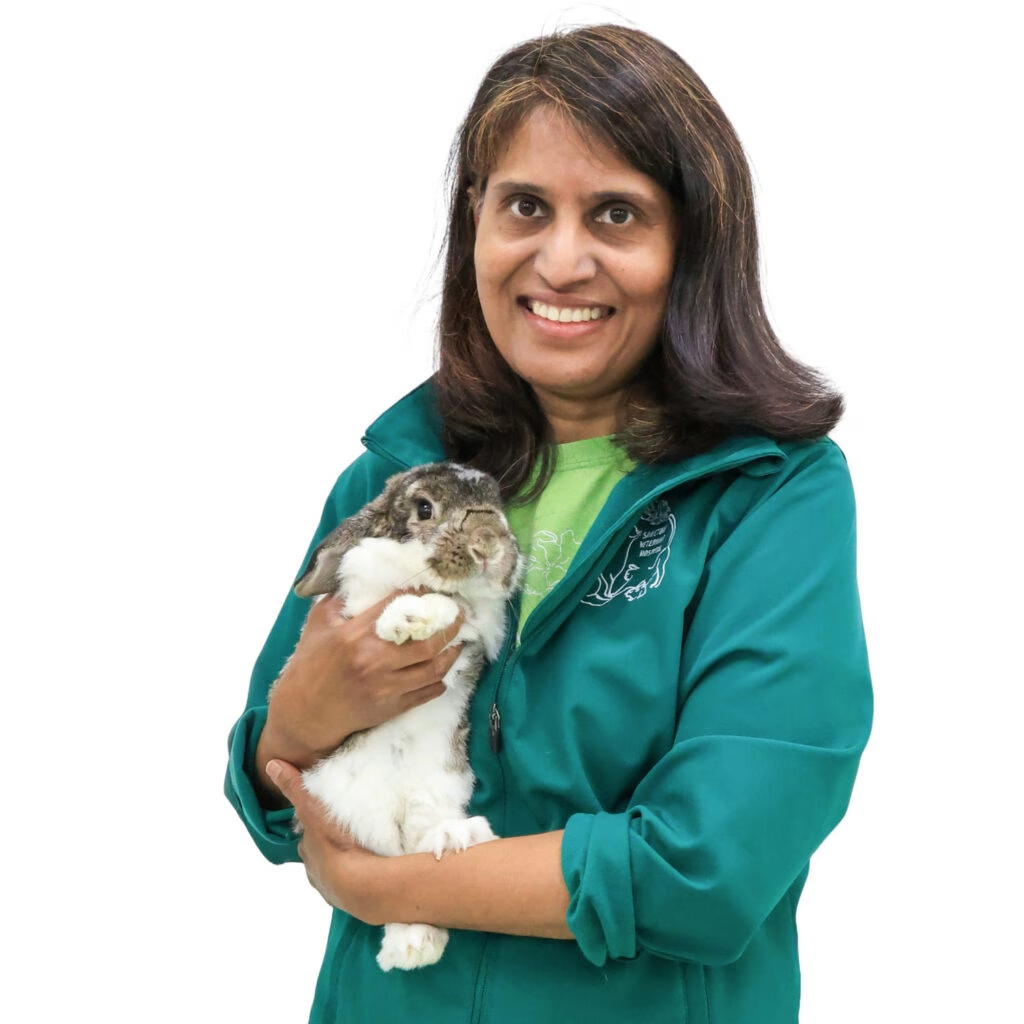
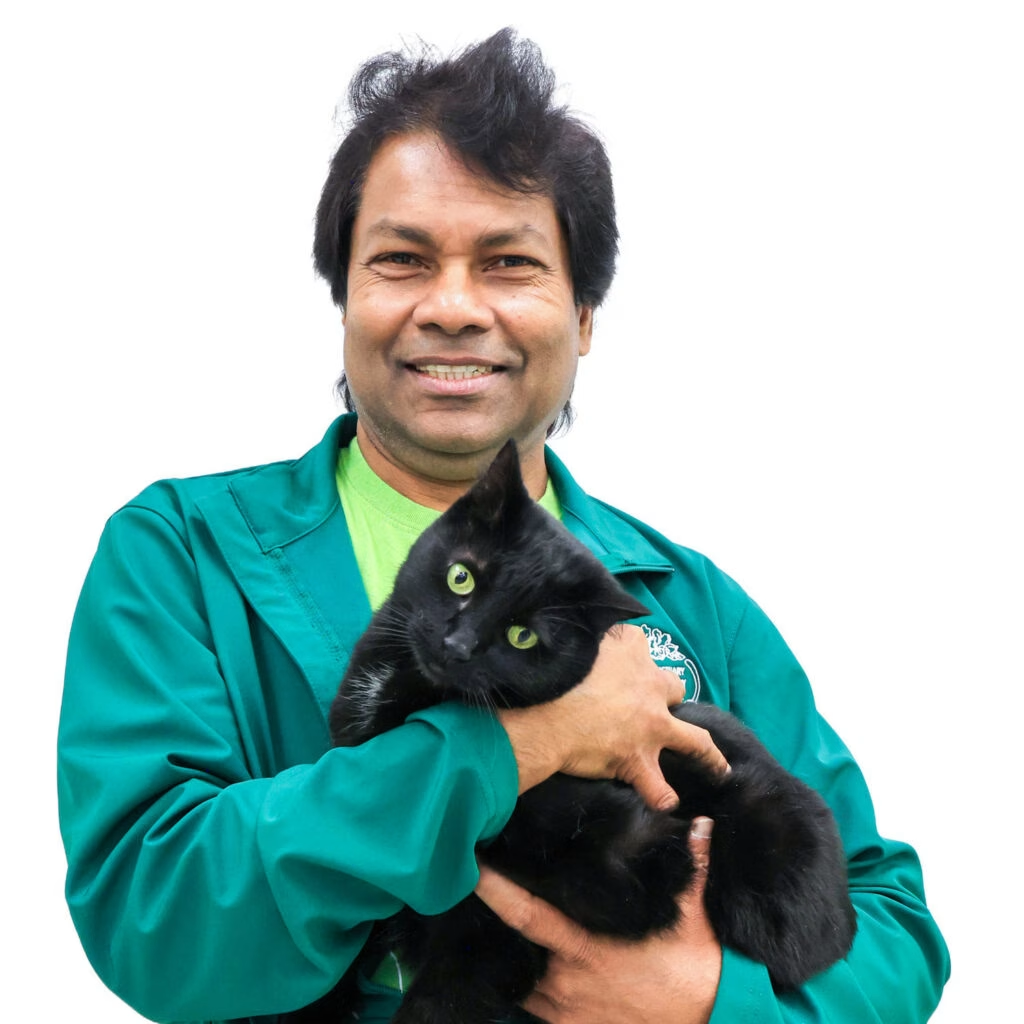
Our hospital is open:
Monday-Friday: 9:00AM – 8:00PM
Sat & Sun: 10:00AM – 7:00PM
Today’s modern anesthetic monitors have made surgery much safer than in the past. Here at Sanctuary Veterinary Hospital, we do a thorough physical exam on your pet before administering anesthetics, to ensure that a fever or other illness won’t be a problem. We also adjust the amount and type of anesthetic used depending on the health of your pet. The handout on anesthesia explains this in greater detail.
Pre-anesthetic blood testing is important in reducing the risk of anesthesia. Every pet needs blood testing before surgery to ensure that the liver and kidneys can handle the anesthetic. Even apparently healthy animals can have serious organ system problems that cannot be detected without blood testing. If there is a problem, it is much better to find it before it causes anesthetic or surgical complications. Animals that have minor dysfunction will handle the anesthetic better if they receive IV fluids during surgery. If serious problems are detected, surgery can be postponed until the problem is corrected.
We offer three levels of in-house blood testing before surgery, which we will go over with you when you bring your pet in. Our doctors prefer the more comprehensive screen, because it gives them the most information to ensure the safety of your pet. For geriatric or ill pets, additional blood tests, electrocardiograms, or x-rays may be required before surgery as well.
It is important that surgery be done on an empty stomach to reduce the risk of vomiting during and after anesthesia. You will need to withhold food for at least 8 to 10 hours before surgery. Water can be left down for the pet until the morning of surgery.
Yes, patients are seen by appointment.
For many surgeries, we use absorbable sutures underneath the skin. These will dissolve on their own, and do not need to be removed later. Some surgeries, especially tumor removals, do require skin stitches. With either type of suture, you will need to keep an eye on the incision for swelling or discharge. Most dogs and cats do not lick excessively or chew at the incision, but this is an occasional problem you will also need to watch for. If there are skin sutures, these will usually be removed 10 to 14 days after surgery. You will also need to limit your pet’s activity level for a time and no baths are allowed for the first 10 days after surgery.
Cash, Cheque, Mastercard and Visa
Anything that causes pain in people can be expected to cause pain in animals. Pets may not show the same symptoms of pain as people do; they usually don’t whine or cry, but you can be sure they feel it. Pain medications needed will depend on the surgery performed. Major procedures require more pain relief than things like minor lacerations.
For dogs, we may recommend an oral anti-inflammatory the day after surgery and several days after to lessen the risk of discomfort and swelling. We use newer medications, which are less likely to cause stomach upset and can be given even the morning of surgery.
Because cats do not tolerate standard pain medications such as aspirin, ibuprofen, or Tylenol, we are limited in what we can give them. Recent advances in pain medications have allowed for better pain control in cats than ever before. We administer a pain injection 10 minutes prior to surgery. After surgery, pain medication is given on a case by case basis. Any animal that appears painful will receive additional pain medication.
We use narcotic patches for some surgeries in dogs as well. The cost will depend on the size of the dog. Injectable pain medications may also be used after surgery on both dogs and cats. Providing whatever pain relief is appropriate is a humane and caring thing to do for your pet.
While your pet is under anesthesia, it is the ideal time to perform other minor procedures, such as dentistry, ear cleaning, or implanting an identification microchip. If you would like an estimate for these extra services, please call ahead of time. This is especially important if the person dropping the pet off for surgery is not the primary decision maker for the pet’s care.
When you bring your pet in for surgery, we will need to 5 to 10 minutes of time to fill out paperwork and make decisions on the blood testing and other options available. When you pick up your pet after surgery you can also plan to spend about 10 minutes to go over your pet’s home care needs.
We will call you the night before your scheduled surgery appointment, to confirm the time you will be dropping your pet off and to answer any questions you might have. In the meantime, please don’t hesitate to contact us with any questions about your pet’s health or surgery.
Payment is required at the time of service.
Spaying or neutering can be done at approximately 6 months of age. Your pet is given an exam prior to surgery to help determine whether your pet is healthy enough to undergo the surgical procedure. Current vaccinations are required at the time of surgery. Also a pre-anesthetic blood screen is recommended prior to undergoing anesthesia and surgery.
This is a blood test that is run here in the clinic prior to surgery. It tests the organ functions, blood counts and clotting function of your pet. The pre-anesthetic blood screening is done to assure safety during surgery and the ability to heal following surgery.
Procedures involving sutures require them to be removed 14 days following the surgery.
No, there is no advantage to letting your pet have one litter. However, there are plenty of advantages to having your pet spayed or neutered. These advantages include decreasing the chances of breast tumors later in life, decreasing the chance of cystic ovaries and uterine infections later in life, decreasing the desire to roam the neighborhood, decreasing the incidence of prostate cancer later in life, helping prevent spraying and marking, and also decreasing the surplus of unwanted puppies and kittens.
Yes, we do boarding for our clients. We have boarding space for both dogs and cats. We also can board birds and other small animals, but you will be required to bring your own cage and food for your pet.
Our dog kennels are all indoor. The dogs are walked 3 times daily while they are boarding. The cat boarders are housed in a separate area away from the dogs. Blankets and food are provided for our boarders, but you are always welcome to bring your own.